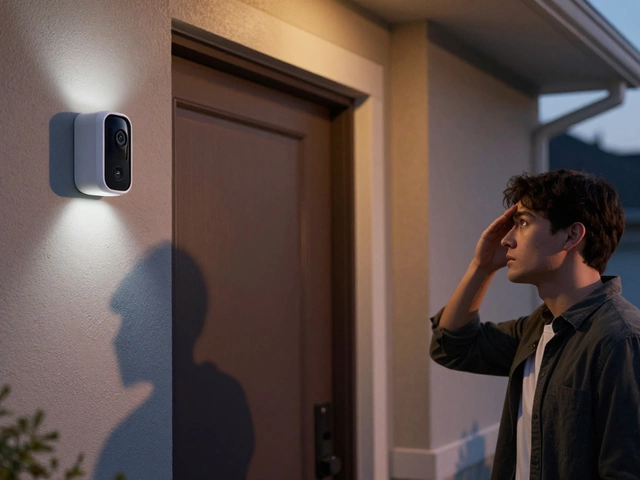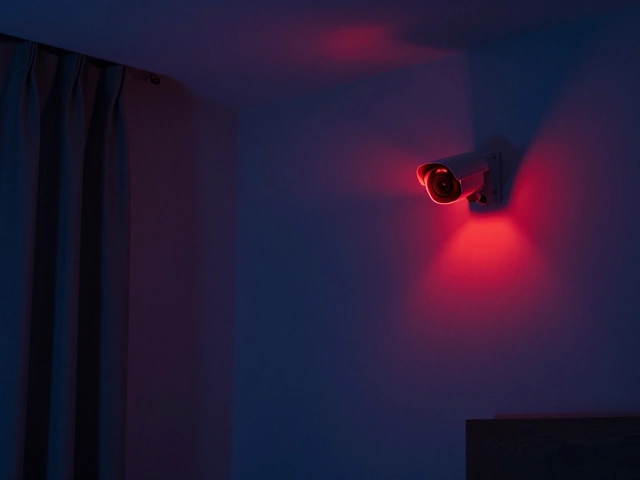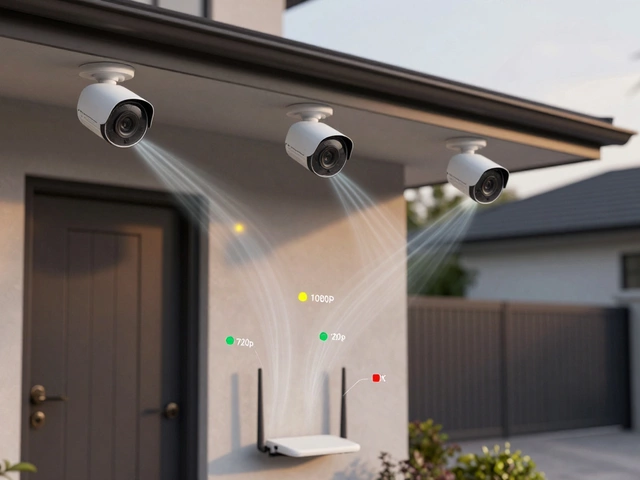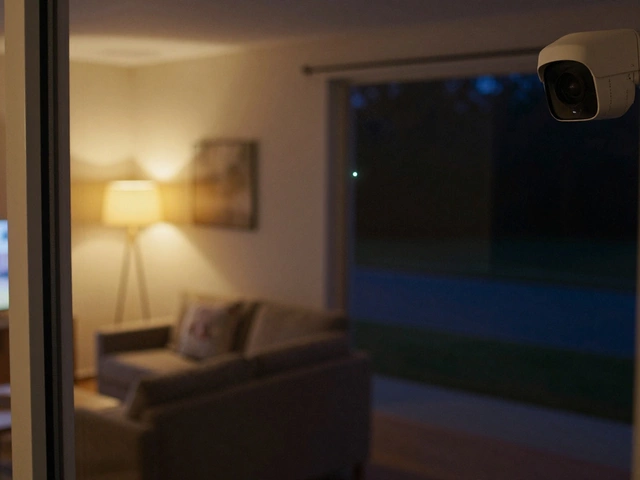ADT lawsuit: What the legal battle means for you
If you’ve heard ADT is in court, you’re probably wondering if it will change your alarm service or cost. The short answer: a lawsuit can create new rules, but most customers keep their contracts unless ADT makes a big change. Below we break down why ADT is being sued, what the main complaints are, and what you can do right now to stay safe.
Why ADT is being sued
Most of the complaints revolve around three issues: hidden fees, poor monitoring response, and data‑privacy concerns. Some customers say they were promised 24/7 monitoring, but the call centre failed to react during a break‑in. Others claim ADT charged extra for equipment that was supposed to be included. Finally, a few privacy groups argue that ADT’s video storage practices don’t follow UK data‑protection rules.
How the lawsuit could affect your service
While the case is pending, ADT usually continues to operate as usual. However, a few outcomes are possible. If a court finds ADT guilty of mis‑selling, the company might have to refund affected customers or change its contract wording. A privacy ruling could force ADT to update how it stores video clips, which might mean shorter retention periods or stricter consent forms. In short, you could see clearer billing statements or new privacy notices, but you won’t lose monitoring overnight.
What should you do today? First, pull out your contract and look for any clauses about dispute resolution or refunds. If you spot a fee you never agreed to, call ADT’s customer service and ask for an itemised breakdown. Keep a record of the call, the date, and the name of the representative. This paper trail can be useful if you decide to join a class‑action later.
Second, check your video storage settings. Log into the ADT app and see how long recordings are kept. If the default is “indefinite,” you might want to set a shorter retention window until the privacy case is resolved. Shorter storage not only protects your data but also reduces the chance of a breach.
Third, review your backup plan. Even the best monitoring system can have a hiccup. Make sure you have a secondary alarm method, like a standalone siren or a mobile alert app that works off a different network. That way, if ADT’s call centre is busy, you still get a heads‑up.
Finally, stay informed. The UK courts usually publish rulings within a few months of a decision. Sign up for updates from consumer‑rights groups or check ADT’s news page. Knowing the outcome early helps you decide whether to stay with ADT or switch to another provider.
Bottom line: an ADT lawsuit doesn’t mean you have to panic, but it does mean you should double‑check your contract, privacy settings, and backup options. By taking a few simple steps, you keep your home safe and your wallet protected while the legal fight plays out.







